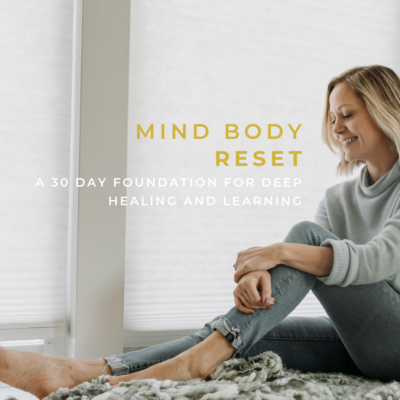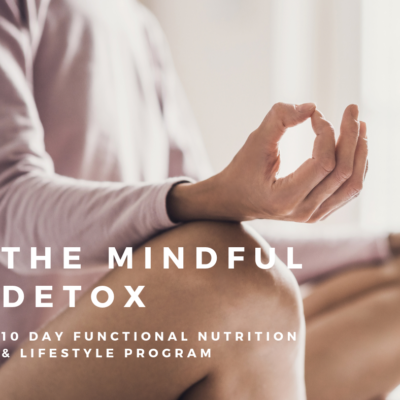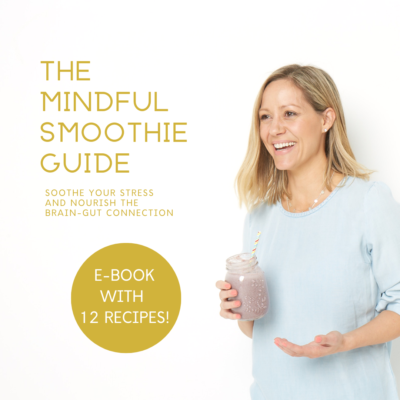Most of the problem with dairy products comes from the way it is produced and processed.
Factory farms produce milk that is nutritionally corrupt, adding permeates, removing fat, destroying enzymes and effectively creating a ‘dairy-like’ product. That is no longer like the dairy we used to consume.
Not to mention the ill treatment of animals, the hormones given to keep cows them producing, their poor diets (soy, sugar) and cheap feed sources, and the environmental impact of these irresponsible methods.
The first switch you should make with all dairy is to grass fed, organic and sustainably farmed. Do your research. Buy from your local health food store.
Second, not everyone can tolerate dairy. Even if you think you can, you may have just adapted. There can be a number of reasons from genetics to your microbiota, and of course stress.
The amount of lactase (the enzyme we make that breaks down lactose) can vary from day to day (even if you’re lactose intolerant you can make up to 14mg/day of lactase), and is impacted by the ‘rest and digest’ part of the polyvagal nervous system.
You may find you can digest certain types of dairy, or that your reactions vary.
You may have bloating, skin problems, excess mucus or constipation. And dairy may be the cause. Or it may be the trigger.
Most people need a break from dairy to fully assess (this is what we do in both my 10 and 30 day programs). After a break, most can reintroduce dairy slowly, and see how they feel.
What I’m stressing is that it really comes down to quality and quantity with dairy, and it’s not necessary for most to avoid all dairy forever.
Here are 7 Better Types of Dairy
- Butter – a source of butyrate which feeds friendly gut bacteria, plus vitamin k2 (deficient in many foods) for a healthy heart
- Ghee – butter ‘oil’, anti-inflammatory source of pure clarified fat, good for the brain and hormones, and perfect for cooking as it is stable when heated
- Yogurt – a cultured dairy, source of probiotics and protein, most of the lactose is digested by the good bacteria
- Goat and sheep milk products – are a similar profile to human dairy, and are often easier to digest
- Aged cheese – a properly aged cheese can benefit digestion, contains beneficial bacteria, more nutrients and does not contain much lactose
- Whey protein isolate – is 99.9% bioavailable protein which is helpful for the liver, skin, immune system and more. Mostly all lactose and casein is removed. Read my article ‘Protein, Peas and Whey” to learn more about selecting protein. (ie it has to be cold filtered and high quality)
- Kefir – similar to yogurt, but is fermented instead of cultured, which makes the probiotic content richer
In fact, all of the 7 dairy foods I’ve listed can be very beneficial. From vitamin K2, butyrate, probiotics and 99% bioavailability in whey protein isolate. Nutritionally dairy has a lot to offer. You have to know your body.
And be willing spend more on better quality.
You may need to address underlying issues (ie gluten intolerance or SIBO) that may be making you react to dairy.
In the end we need to take an individualised approach, so each of can craft a diet that works for us.
Learn more about getting off dairy and which dairy is right for you by participating in the 10 Day Mindful Detox and the 30 Day Mind Body Reset.
Yours in shining health,
Sita Huber, BHSc







